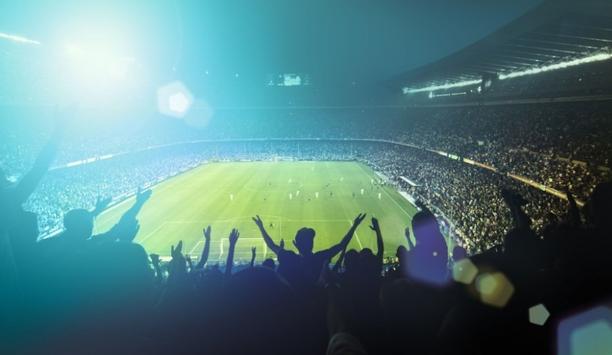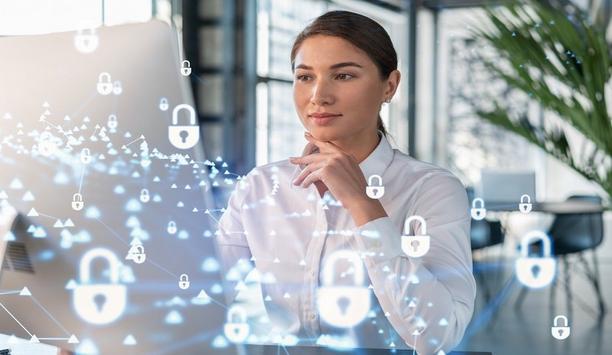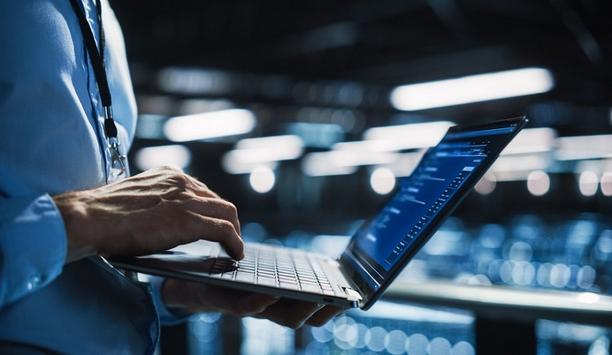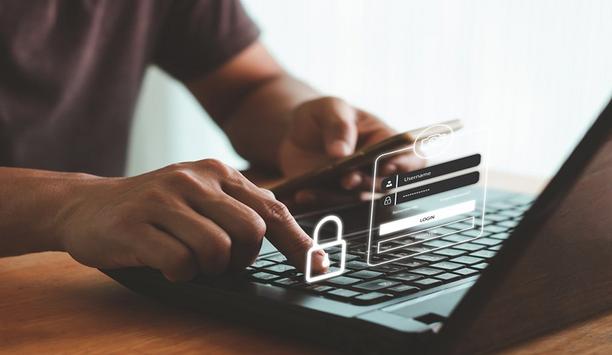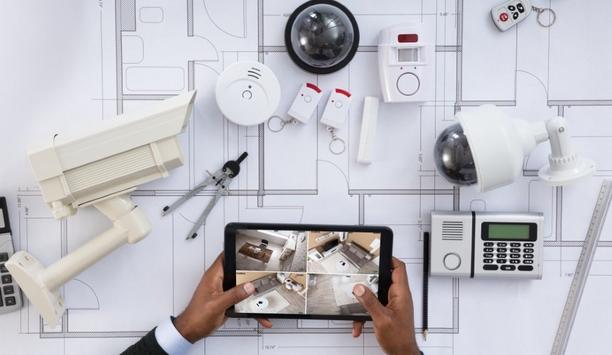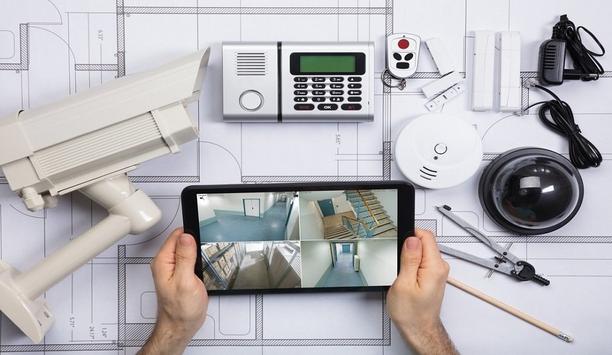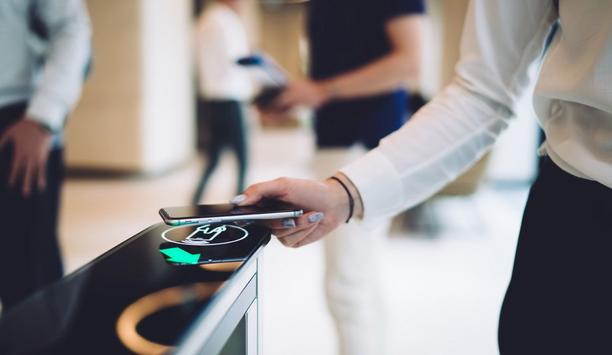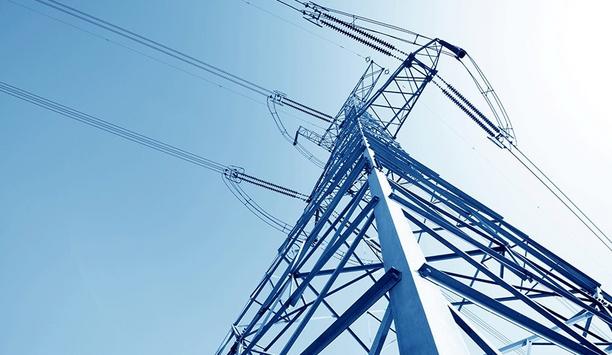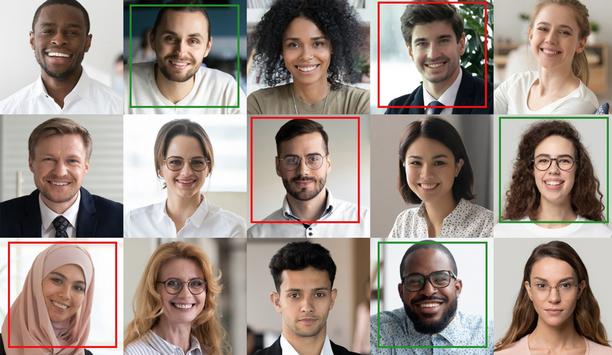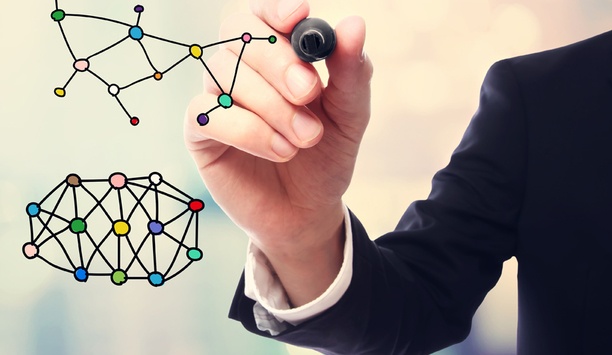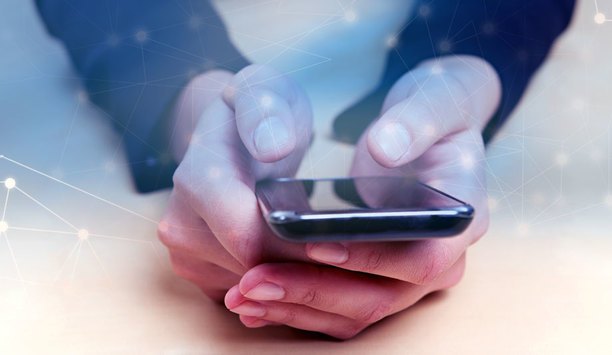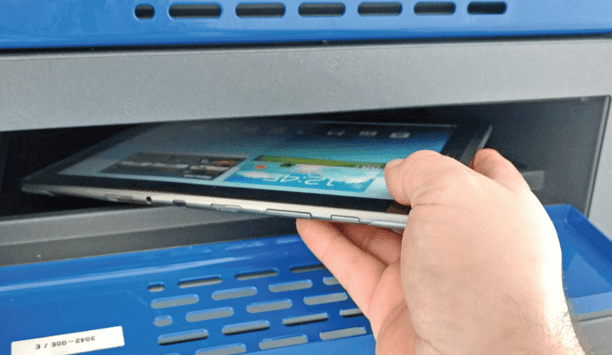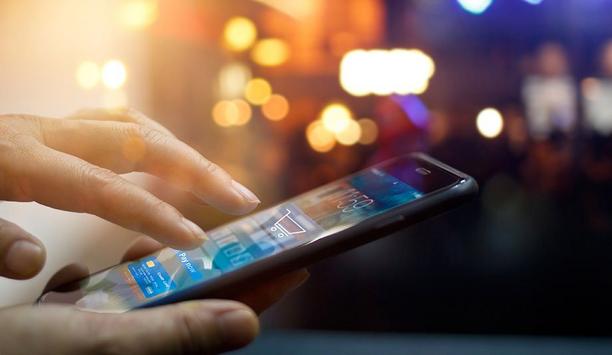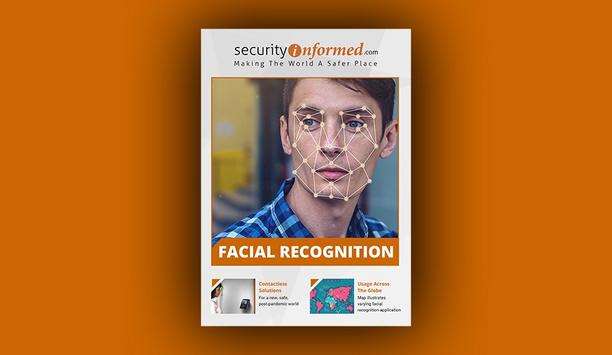Fingerprint reader - Round table discussions
Technology offers a range of tools to bolster security at public events, including before, during, and after. This year, the 2024 Summer Olympics in Paris will draw the attention of the world, requiring the best protection available for the venues, the athletes, and the attendees. Other happenings such as the FIFA World Cup, the Super Bowl, the Tour de France, and the U.S. NBA Finals are momentous events that challenge security and law enforcement personnel to keep them safe. We asked this...
Historically, the emphasis of security systems has been on reactivity, whether it’s providing video evidence of an incident or data to support a resulting investigation. Reactivity is core to impactful security, but increasingly, systems are also seeking to be more proactive. A proactive system seeks to prevent events from happening in the first place, thus mitigating the harm to an organization, and making the need for a reactive response moot. We asked this week’s Expert Panel Roun...
Biometrics is both a mature technology in the physical security world and an innovation perpetually on the cutting edge. Biometric technologies received a boost during the COVID pandemic when “touchless” became a buzzword with particular relevancy to the world of biometrics. Higher security needs, such as “two-factor authentication,” are also driving demand for biometric products. We asked this week’s Expert Panel Roundtable: What are the latest technology trends in...
There’s always more to talk about in our Expert Panel Roundtable discussions, and we appreciate the variety of opinionated responses offered throughout the year. Looking back at 2022, we found several random and uncategorized Expert Panel responses that were not previously published. We have rescued these responses from our cutting-room floor and present them here in the interest of generating even more discussion.
A multi-factor authentication is a layered approach that requires users to provide two or more verification factors, such as credentials, to gain access to data and applications. If one of the credentials is compromised, the thinking goes, an unauthorized user will still be unable to meet the second authentication requirement and will be denied access to a targeted physical space, computing device, network, or database. Cybersecurity applications have long embraced the idea of MFA, which is also...
How has the security end user’s ‘buying journey’ changed in the age of the Internet? If nothing else, the online age has simplified access to information about various security products and systems. However, easily accessible information could enable a customer to delay contacting a manufacturer or systems integrator until further along the decision-making process. We asked this week’s Expert Panel Roundtable: What role should the Internet play when customers are research...
Generally speaking, security becomes a topic of conversation among the general public only after something bad has happened. The context in these situations is: What went wrong? Largely absent from awareness by the public at large is how often things go right; that is, how often security systems work as intended to avoid expensive or even deadly consequences. We asked this week’s Expert Panel Roundtable: How can the industry communicate the value of security to the public?
It’s safe to say there has been more change in the workplace in the last two years than ever before. Driven by the pandemic, technology has both allowed greater flexibility for employees and enabled continuing prosperity for many companies that otherwise would have had to cease operation. But have security protocols and practices done enough to enable companies to keep pace with the changes? We asked this week’s Expert Panel Roundtable: Have security protocols and practices kept up w...
Many of the threats facing the energy and utility sector are related to cybersecurity, as recent incidents have confirmed. Another problem is that operating systems for utilities tend to be outdated, which presents extra challenges in a connected world. There are also physical security demands, not to mention regulatory and social issues. We asked this week’s Expert Panel Roundtable: What are the security trends in energy and utilities?
Facial recognition is a mature technology that continues to change and evolve. New innovations such as artificial intelligence (AI) are expanding facial recognition capabilities, even as privacy concerns, though often misguided, undermine wider acceptance in the market. We asked this week’s Expert Panel Roundtable: What are the new developments in facial recognition?
Many of us take critical infrastructure for granted in our everyday lives. We turn on a tap, flip a switch, push a button, and water, light, and heat are all readily available. But it is important to remember that computerized systems manage critical infrastructure facilities, making them vulnerable to cyber-attacks. The recent ransomware attack on the Colonial Pipeline is an example of the new types of threats. In addition, any number of physical attacks is also possibilities. We asked this we...
When technology performs a required task effectively, there is little reason to upgrade to the ‘next big thing’. In this regard, the physical security market is notoriously slow to change. Much of yesterday’s most robust and dependable equipment is still in place at thousands of customer sites, still performing as well as the day it was installed. However, there comes a point when any technology becomes outdated. We asked this week’s Expert Panel Roundtable: Which securi...
One impact of Chinese companies entering the physical security market has been an erosion in product pricing, creating what has been called the "race to the bottom." However, political forces and cybersecurity concerns have presented new challenges for Chinese companies. Adding cybersecurity increases costs, and the addition of more functionality to edge devices is another trend that has impacted product pricing. We asked this week's Expert Panel Roundtable: Has price erosion ended (or slowed do...
Where does the time go? Before you know it, here we are at mid-year reflecting on an eventful first half of 2018 in the physical security market. It’s also a good time for our Expert Panel Roundtable to pause and look ahead at what we might expect in the second half of the year. We asked this week’s Expert Panel Roundtable: What technology development will have the greatest impact in the second half of 2018?
Rapid changes in technology span both the consumer and the physical security markets. In the consumer market, technology innovation is nowhere more apparent than in the palms of our hands, where we all hold the latest smartphones and mobile devices. Simply put, the unprecedented power and capabilities of today’s smart phones have changed our lives. No wonder they are also having an impact on our business of physical security systems. Although a consumer product, smartphones increasingly pl...
